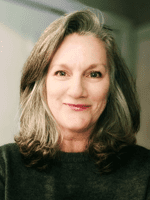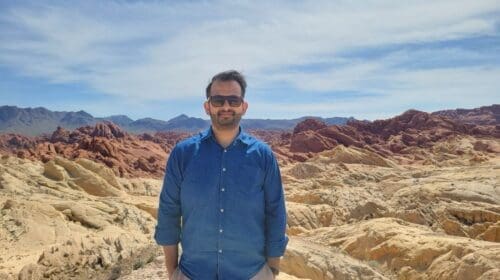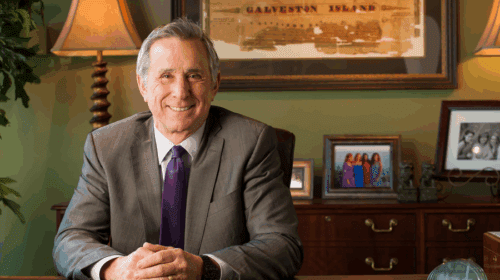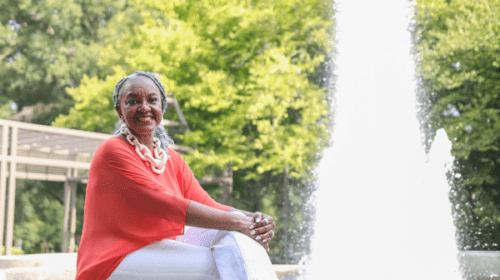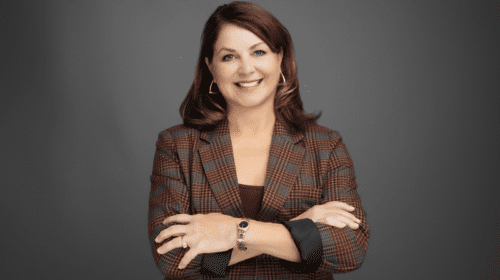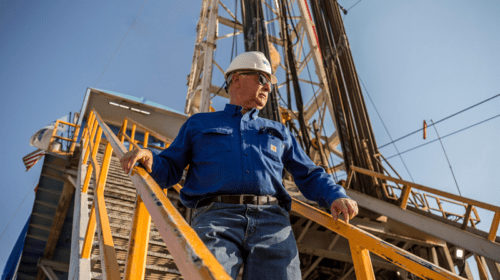Growing up in a military family with a father who rose to become a four star general and Supreme Allied Commander of NATO, Wes Clark, Jr. spent his early life traversing the U.S. and Europe. A graduate of Georgetown University’s School of Foreign Service, he served four years of active duty in the Army as a cavalry officer. Since then, he has had a wildly varied career from wind turbine project management to screenwriting. He wrote, co-produced and appeared alongside his father, General Wesley K. Clark, in the 2021 documentary Hot Money.
RP: Would you call Standing Rock (the 2016 protest of the Dakota Access Pipeline) one of the seminal moments in your life?
WC: There’s a complex story about how I got involved. There’s a whole podcast – American Psyop (available on all podcast services; November 15th) – that deals with it and it’s pretty crazy. The deciding factor was when I got a call from the elders. Essentially, the treaties we signed with different tribes are law, according to the Constitution, and it looked like their sovereignty was being violated. It was bleak. When I was on the phone, I could hear the fear in their voices, and I could see the videos online of people being abused by mercenary companies. It was emotional.
The idea was to practice complete nonviolence and, for them, it was about prayer and spirituality. We had to take our lead from them. It’s their land. They asked us to come; we had to go under their rules. Once I arrived, I wasn’t in charge of anything. They wanted female Native veterans in charge.
Editor’s note: In February 2022, the U.S. Supreme Court rejected a bid by Energy Transfer, the pipeline operator, to overturn the Sioux Tribe’s 2020 victory for a legally mandated environmental analysis. The pipeline will continue to operate as the review is conducted. According to Energy Transfer, the pipeline has the capacity to transport up to 750,000 barrels of oil a day.
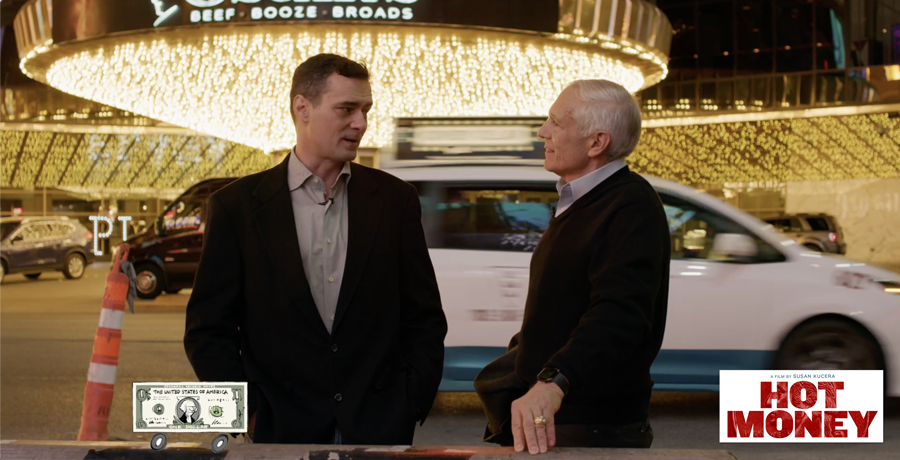
RP: What was the catalyst for your interest in climate change, fossil fuels and renewable energy?
WC: Initially, I wasn’t that involved. Then, I went home for New Year’s 2000 when Dad was the head of NATO and he said, “Listen, I need to sit you down for a minute. We had a briefing from the European Science Commission and they’re predicting that, starting in the 2020s, the climate is going to start to change. It’s going to get so bad by the time you’re in your late 50s or early 60s, there’s a possibility civilization can collapse because people aren’t going to be able to grow food anymore in a lot of places that are currently ‘bread baskets.’” From that moment forward, I thought, “I’ve got to do something about this.” It was a shocking wake up call.
People ask, “What can we do?” There’s a lot we can do, but continuing to do the same thing is not going to make it better. Look, I like our standard of living in the United States, I like the convenience of things, but I’m not ready to sacrifice the lives of my children and every other child in America for it.
My kids are very aware of the [problem]. I live in Los Angeles, so we’ve got water shortages. We don’t flush the toilet [except at certain times]. We’ve got a bucket in the shower to catch the water before it heats up, and we have a bucket in the kitchen sink to catch the water we rinse our vegetables with, because that’s all the water we have to water our trees and bushes and flowers outside.
We didn’t have to do that two or three years ago, but we had this crazy situation this past summer where all of these major rivers – the Yangtze, the Rhine, the Tiber, the Po – dried up in the same summer. That should be terrifying to people. It’s very real to my kids because they’re living it.
RP: In 2007-10, you worked as project manager on utility scale wind turbines in Midwest and Alaska. That was over 10 years ago. What do you see as its role in the energy mix?
WC: There’s no magic silver bullet. Wind is just one of many technologies that can help us, but there’s no single technology that’s going to save us. There are a lot of old technologies but, when it comes to applying them, you’re talking about then dealing with an entirely separate world, which is finance. Let’s say I come out tomorrow with a brand new wind turbine that doesn’t require 550 yards of concrete underneath to anchor it and it was cheaper to make. Has it been in operation for 20 years? Do we have the numbers on a couple decades of it working? Banks are not going to invest in energy that’s a new technology; they’ll only invest in something that’s a proven technology.
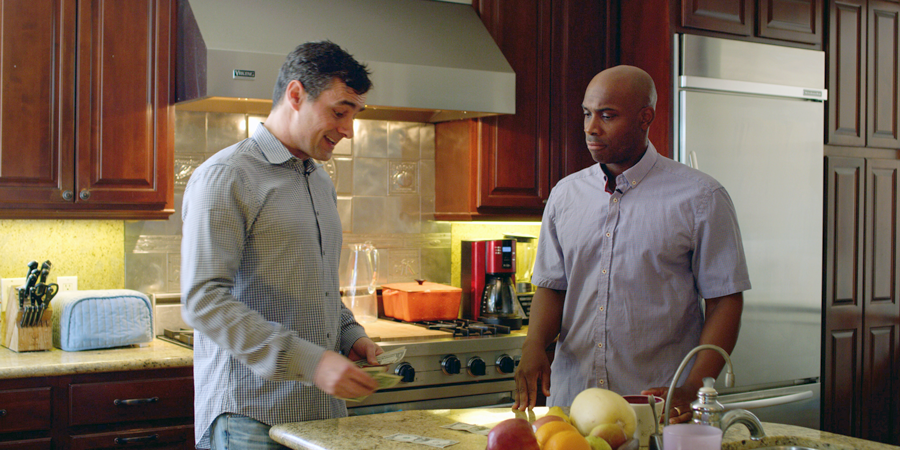
RP: Do you find that to be one of the hindrances to developing some of these alternative forms of energy?
WC: We should be investing at a research level in everything that comes across the table. Our big challenge in going with renewable energy is, of course, base load and, in order to have base load with renewable power without using gas or coal or oil or nuclear, you would need massive energy storage and you’re not going to get that from batteries. There are companies out there that are looking at older, more established technologies and also new ways, like air and water compression, using everything from salt domes… I’ve heard people talk about using old gas and oil wells to jack up pressure, but raising money to get those projects off the ground takes a lot and none of it’s cheap.
RP: Taking all those things into consideration, do you still see wind as one of the better alternatives?
WC: It’s simply an alternative. If you’re talking about a one MW and up wind turbine generator, you’ve got a lot of steel and fiberglass. If it’s not a direct drive turbine, you’ve got a lot of oils and lubricants that need to be used in the gear system. Turbines take a lot of maintenance. Any problem you have is [an expensive] fix. You’re relying on the wind and the wind doesn’t always blow. You’ll generally have better energy at night and when it’s colder. Offshore is great, but wind can’t be the only thing. We need a mix of everything and we also need better transmission systems.
RP: How did you become involved in the documentary film Hot Money?
WC: By [the time Standing Rock occurred in 2016], I already had the thesis for Hot Money, which was looking at trends and how things would work. We’ve got more capital now than we’ve ever had and that capital would start to disappear as climate change started to affect us. The first thing that it would affect is property insurance rates and, since most of the money in financial markets is – at its root – property, it’s going to erode the financial system, and then we won’t have the capital we need to either adapt to it or change our energy systems.
RP: Our country is extremely divided and yet we all live on the same planet and, hopefully, want to leave a better world for our children and future generations. How do we find common ground?
WC: The divide is kind of artificial. If you look at the actual numbers of what people want, whether it’s healthcare or the environment or anything else, [the majority] of Americans want these things fixed. I think we have to approach the problems with open eyes and open minds and we have to figure out how to work together to save each other.
Rebecca Ponton has been a journalist for 30+ years and is also a petroleum landman. She is the author of Breaking the GAS Ceiling: Women in the Offshore Oil and Gas Industry (Modern History Press; May 2019). She is also the publisher of Books & Recovery.
Oil and gas operations are commonly found in remote locations far from company headquarters. Now, it's possible to monitor pump operations, collate and analyze seismic data, and track employees around the world from almost anywhere. Whether employees are in the office or in the field, the internet and related applications enable a greater multidirectional flow of information – and control – than ever before.


